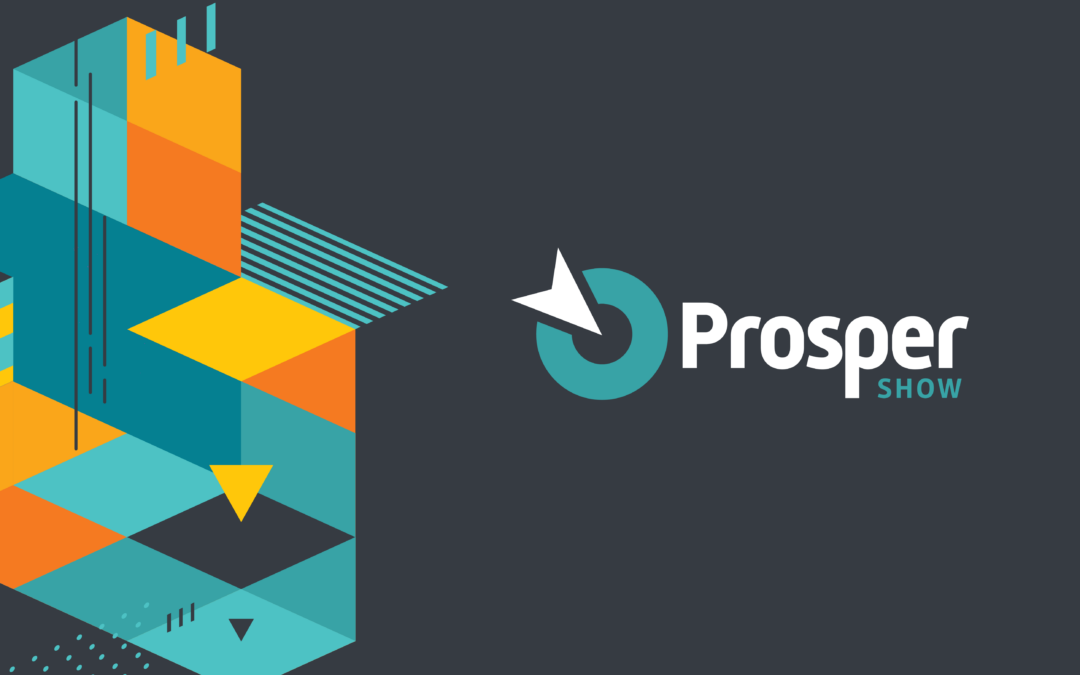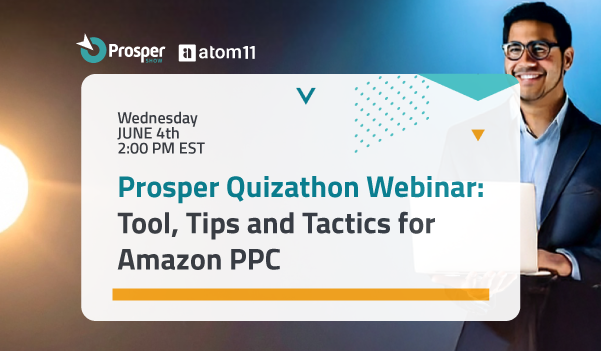Empire Flippers is the leading curated marketplace for buying and selling online businesses. We sell more FBA businesses than any other broker in the industry, evidenced by our closing $55,461,189.75 worth of FBA deals in 2020 alone. Our data from the past year’s FBA sales shows unparalleled growth and reflects an intense buyer appetite for top-performing FBA businesses. We’ve labeled this special period the “season of the seller” because, unlike ever before, the market—and, quite frankly, all the power—is leaning toward Amazon sellers.
Here’s a few data points from the FBA deals we have closed just to put things in perspective:
- The average list price of businesses in our marketplace went up 55%.
- The average sale price went up to 80%.
- The average sales multiple went up 14%.
- Total sales rose by 98%.
The average number of FBA businesses sold in our marketplace was 30.6x. But that’s only the multiple across our 97 sold FBA businesses at all different pricing levels. For growing FBA businesses worth over $1M, the average multiple was 48.7x—and in some cases, the sales multiple was even higher.
It’s in the multimillion-dollar range of FBA deals where the most intense buyer competition lies.
Thanks to a handful of bold FBA acquirers who set the example, swaths of institutional investors are waking up to the incredible ROI and rapid growth available to them with Amazon FBA. With the right FBA acquisition and operational efficiencies implemented, FBA assets have proven incredibly profitable and scalable. Thus, the investment thesis of FBA acquirers was proven, and an FBA gold rush was born.
PE groups have gone into aggressive capital raising. According to Forbes, there has been a reported $1.5B raised for Amazon FBA acquisitions from 10 to 15 investment groups. In addition, our marketplace itself has over $3 billion in verified funds—which is only a portion of the capital available in the buyer’s net worth to deploy.
But what are these unicorn PE buyers really looking for?
The buying trend seems mostly clear-cut; PE buyers are generally looking for less than 30 SKUs, with the main SKUs having 4.7+ star reviews, 1,000+ reviews on listings, and great branding to sustain the brand’s growth. PE buyers mainly seem to be buying in the $500,000 to $15M+ range, as these businesses can be acquired and optimized to acquire the returns investors want.
With so many emerging buyers going after the same assets, it is driving up sales prices and allowing sellers the new possibility of designing a deal in their favor.
Pro-seller deal structure trends
The deal structures emerging from fierce competition have unparalleled benefits for sellers. Since buyers are focused on outdoing other buyers to win the best FBA businesses in the industry, the ball is very much in the seller’s court. Here are the consistent levers we see buyers pull to get ahead of the pack.
Upfront payment amount: Winning bids for larger, 7-figure FBA businesses typically include the largest amount of cash paid upfront. In 2020, 11 of the 12 $1M+ businesses sold were earnouts where an average of 65.88% was paid upfront. As competition increases, the percentage paid up front will continue to rise.
Earnout payment timeline and terms: If an earnout is included in these deals, it often revolves around the future performance of the business and is paid out on a yearly basis. For large performance-based earnouts, the seller needs to trust the buyer’s ability to run an Amazon business that hits this performance metric for the payout to be released.
Inventory payment and timeline to pay: All inventory is usually paid for at the close of the deal or no later than three months after the close.
Exclusive due diligence timeline: Most or all offers for larger businesses in our marketplace will include a time of exclusive due diligence. The standard timeline is 30 days, but the shortest timeline is preferred.
Seller assistance timeline and required work: Usually, 30 days is the standard for email and Skype support, but it can vary from buyer to buyer. Sellers want to give as little assistance as possible (they usually want to be done with the business and enjoy the rewards of selling), and experienced portfolio buyers can move forward with very little help from the seller.
How can sellers reap the benefits now?
The sellers who have built such strong FBA businesses are clearly good at what they do. They’ve managed to reach a threshold of success that millions can only dream of.
Though they are experts in selling products on Amazon, this doesn’t equate to being able to sell multimillion-dollar businesses with nuanced complexities. This is where sellers can lose out on their hard work.
While it’s tempting to do it all alone and put up your own “for sale by owner” sign to make the most money possible in an exit, doing so means you’re missing out.
Lots of sellers are leaving cash on the table by selling on their own. They’re getting undersold because they simply don’t know how to price themselves appropriately in a hot market.
On top of that, sellers miss out on knowing what kind of deal they could have walked away with if multiple buyers were at the deal table having to compete to make the best offer possible. Sellers miss the chance to know for sure if someone else would have paid more for what they’ve built, offered better terms, or made the deal process far easier for them. No one should have to ask “what if” when there are millions of dollars on the line.
While we would never suggest timing the market, if you are in a position to sell, you’re going to find yourself in the best time we’ve ever seen to sell an FBA business. Right now our M&A brokerage is able to demand some of the highest exit prices we’ve ever seen, and our business advisors are often engaged with several well-funded buyers competing for your business. It can be overwhelming, but when you decide to sell with us, we can help you through every step to make it a smooth process.
Post Submitted By: Empire Flippers
Prosper Show Exhibitor and Sponsor: Booth #3106



Recent Comments